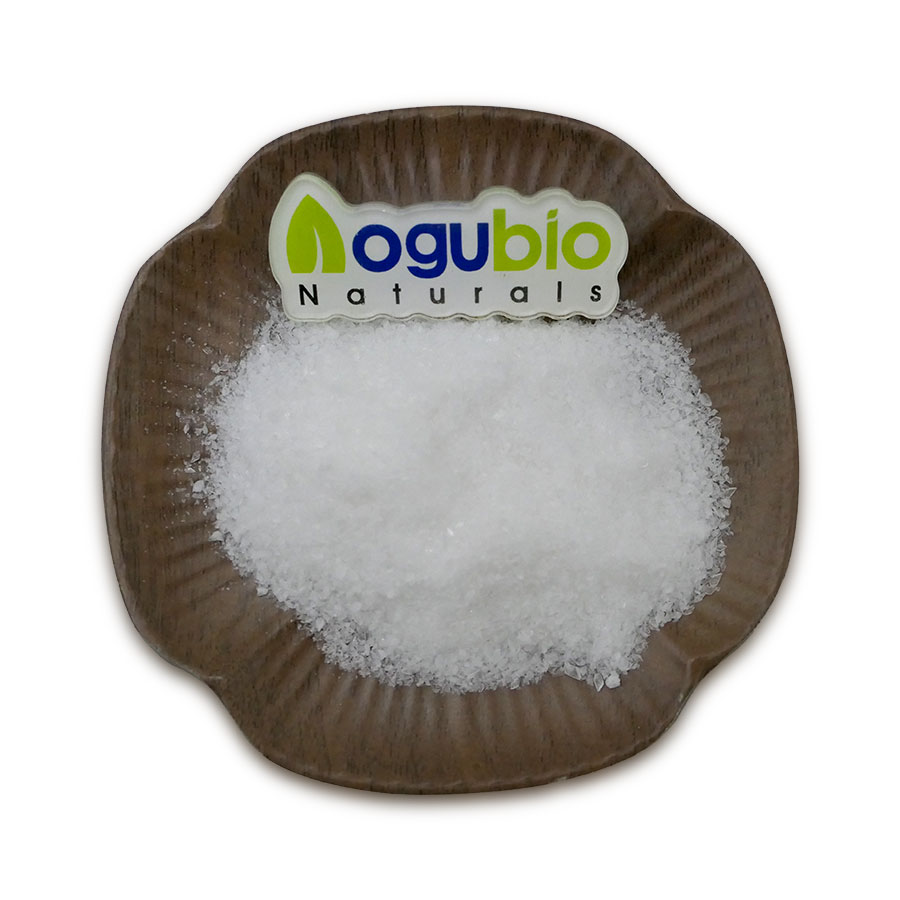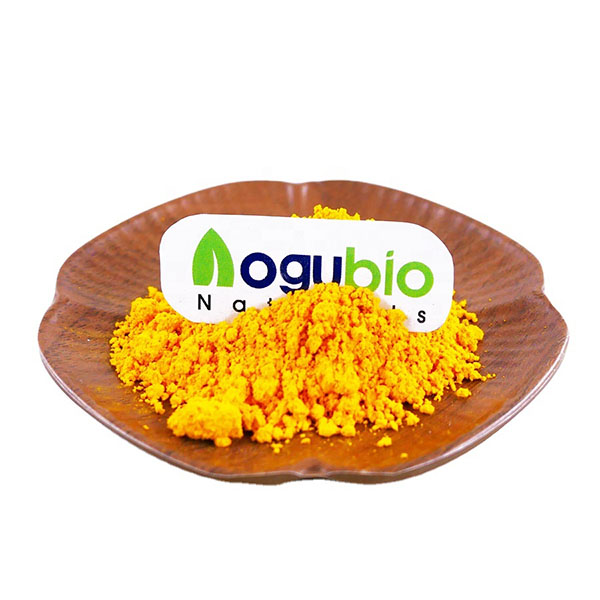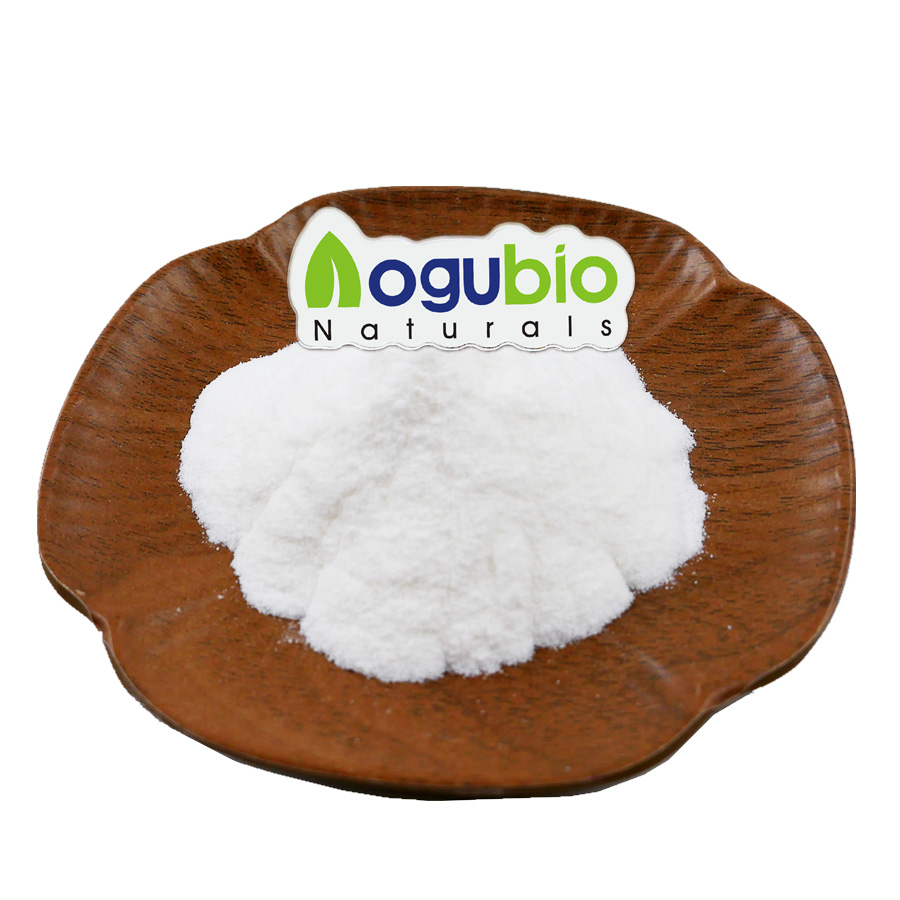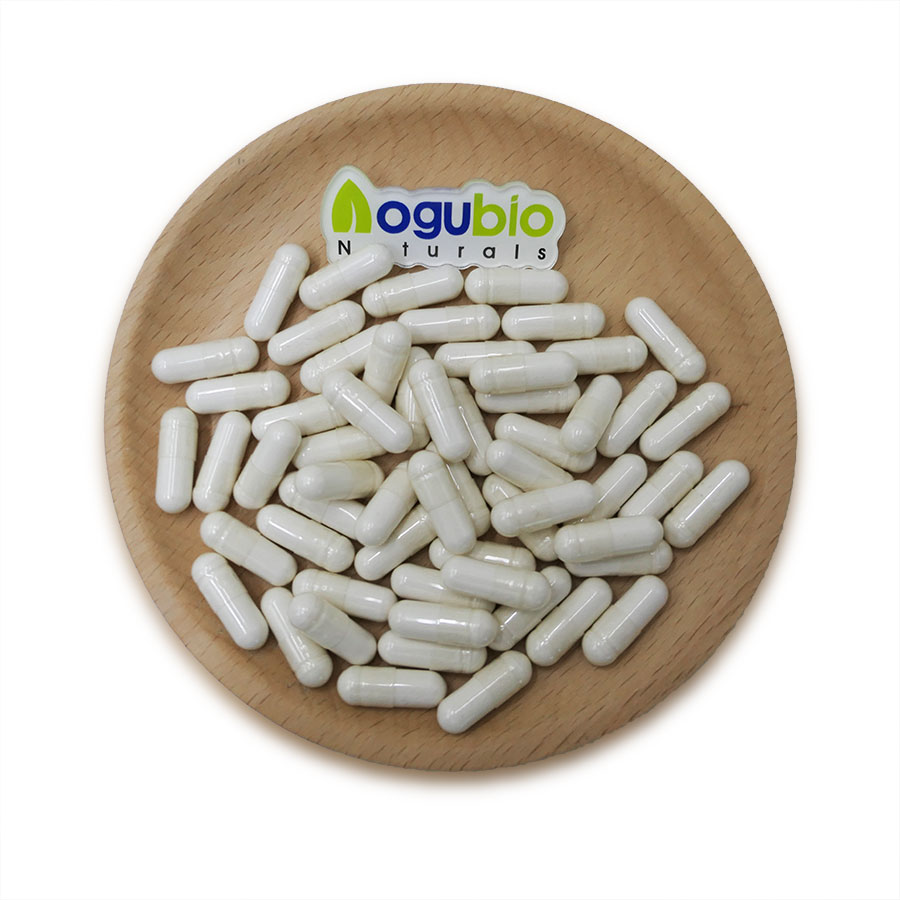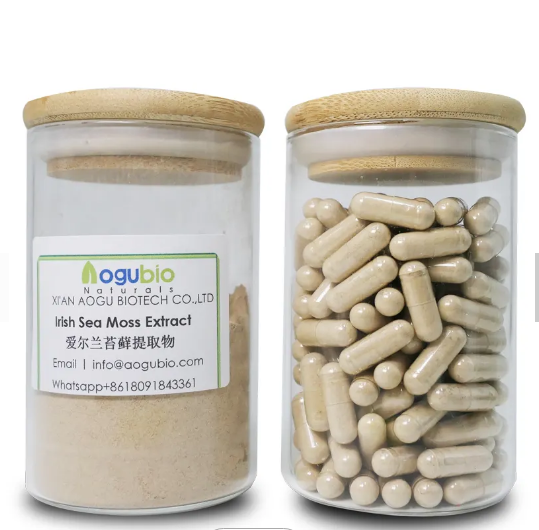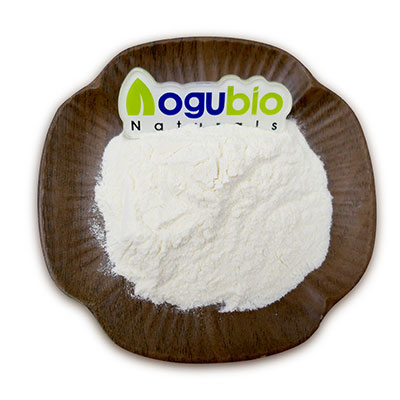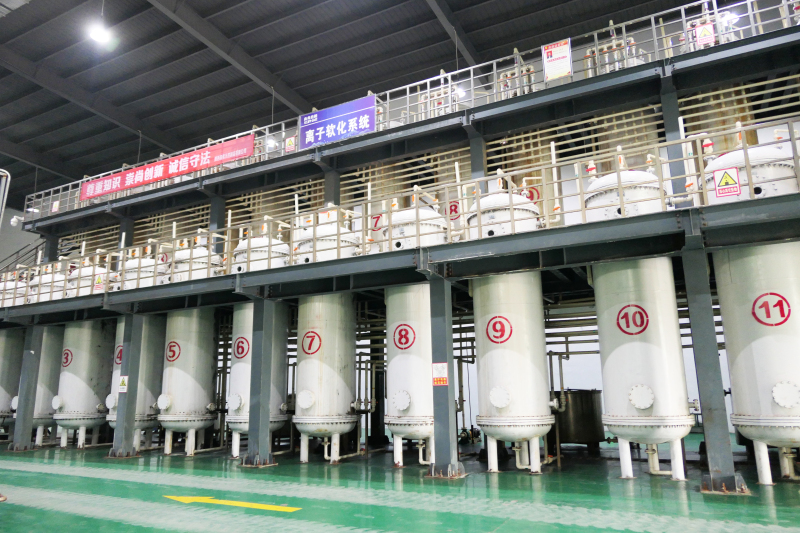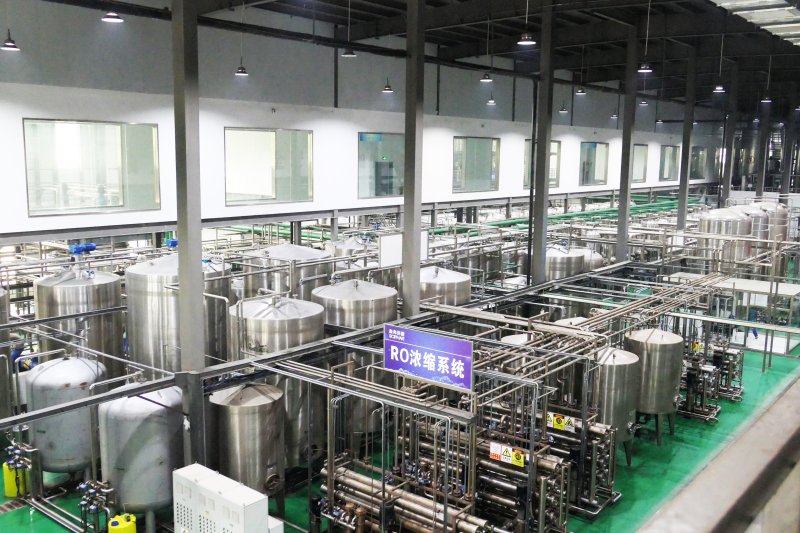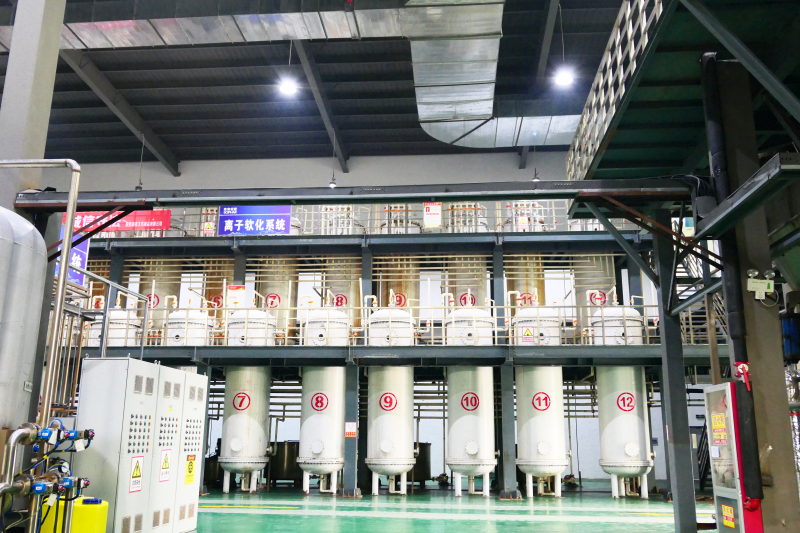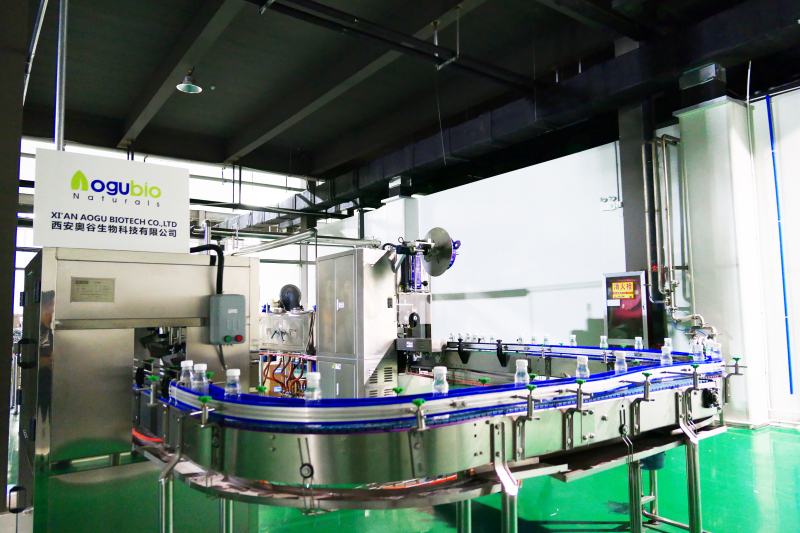N-Acetylcysteine Powder: The Role in Supporting Liver Function
The liver is one of the most vital organs in the human body, responsible for various functions, including detoxification, metabolism, and nutrient storage. However, factors such as poor diet, excessive alcohol consumption, and certain medications can lead to liver damage and impaired function. Fortunately, there are natural supplements, such as N-Acetylcysteine (NAC) powder, that have shown promising results in supporting liver health and function.
N-Acetylcysteine is a powerful antioxidant and a precursor to glutathione, one of the body's most important antioxidants. Glutathione plays a crucial role in detoxification processes, helping to neutralize harmful chemicals, pollutants, and heavy metals that can accumulate in the liver. By boosting glutathione levels, NAC powder enhances the liver's ability to eliminate toxins effectively, preventing damage and supporting its overall function.
Furthermore, N-Acetylcysteine has been extensively studied for its protective effects against drug-induced liver injury. Some medications, such as acetaminophen (commonly known as paracetamol), can cause liver damage when taken in excessive amounts. Interestingly, NAC powder has been proven to be a lifesaving antidote for acetaminophen overdose, effectively preventing liver failure. It works by replenishing glutathione levels and reducing the formation of toxic metabolites that contribute to liver damage.
In addition to its detoxification properties, N-Acetylcysteine has also shown potential in treating various liver diseases. Chronic liver diseases, such as non-alcoholic fatty liver disease (NAFLD), hepatitis, and cirrhosis, are often characterized by oxidative stress, inflammation, and impaired liver function. Studies have indicated that NAC supplementation can reduce inflammation, oxidative damage, and improve liver enzyme levels in these conditions, providing therapeutic benefits and potentially slowing down disease progression.
Moreover, NAC powder has been studied for its potential to support liver health in individuals with alcohol-related liver disease. Excessive alcohol consumption can lead to liver inflammation, oxidative stress, and eventually alcoholic hepatitis or liver cirrhosis. Studies have shown that N-Acetylcysteine supplementation can reduce liver enzyme levels and liver inflammation in individuals with alcohol-related liver disease, thus improving liver function and overall health.
Furthermore, N-Acetylcysteine has been found to have a positive impact on liver health in individuals with non-alcoholic fatty liver disease (NAFLD). NAFLD is a condition characterized by the accumulation of fats in the liver, which can lead to inflammation and liver damage. Research has shown that NAC supplementation can improve liver enzyme levels, reduce liver fat accumulation, and alleviate oxidative stress in individuals with NAFLD, making it a potential therapeutic option for this condition.
In conclusion, N-Acetylcysteine powder plays a significant role in supporting liver function and maintaining liver health. Its antioxidant properties, ability to boost glutathione levels, and its protective effects against drug-induced liver injury make it a valuable supplement for individuals looking to improve liver health. Moreover, NAC supplementation has shown promising results in treating various liver diseases, including alcohol-related liver disease and non-alcoholic fatty liver disease. However, it is essential to consult with a healthcare professional before starting any new supplements, including NAC powder, to ensure its suitability and appropriate dosage for individual needs.
Product Description
N-acetyl cysteine (NAC) comes from the amino acid L-cysteine. Amino acids are building blocks of proteins. NAC has many uses and is an FDA approved drug.
N-acetyl cysteine is an antioxidant that might play a role in preventing cancer. As a drug, it's used by healthcare providers to treat acetaminophen (Tylenol) poisoning. It works by binding the poisonous forms of acetaminophen that are formed in the liver.
People commonly use N-acetyl cysteine for cough and other lung conditions. It is also used for flu, dry eye, and many other conditions, but there is no good scientific evidence to support many of these uses. There is also no good evidence to support using N-acetyl cysteine for COVID-19.
N-Acetyl-L-Cysteine is an amino acid, can be transformed from the body of methionine, cystine can be transformed with each other. N-Acetyl-l-cysteine can be used as a mucilagenic agent. It is suitable for respiratory obstruction caused by a large amount of phlegm obstruction. In addition, it can also be used for detoxification of acetaminophen poisoning.
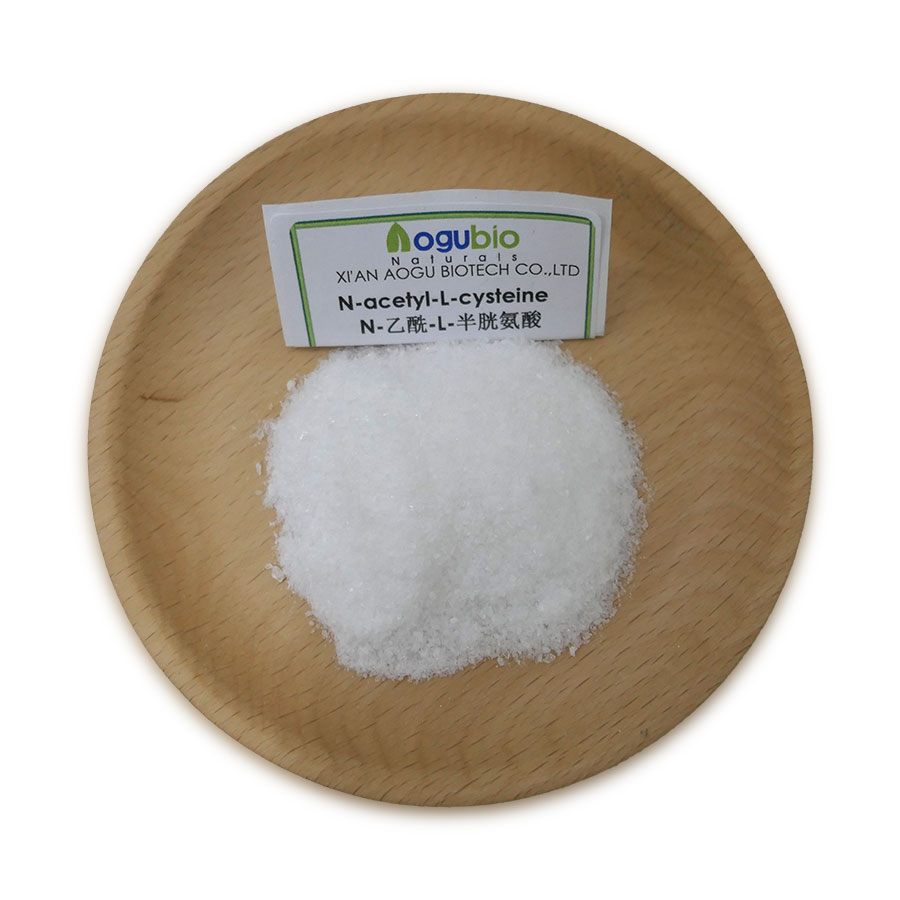
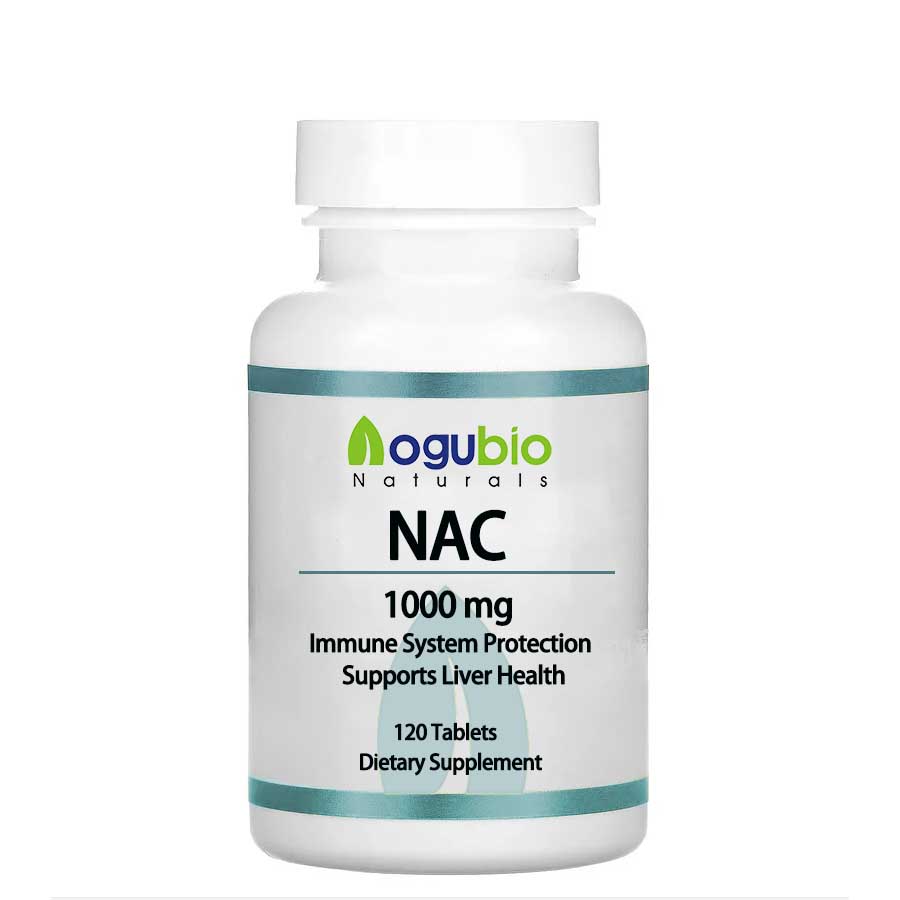
Function
N-Acetyl-L-Cysteine is an amino acid, can be transformed from the body of methionine, cystine can be transformed with each other. N-Acetyl-l-cysteine can be used as a mucilagenic agent. It is suitable for respiratory obstruction caused by a large amount of phlegm obstruction. In addition, it can also be used for detoxification of acetaminophen poisoning.






